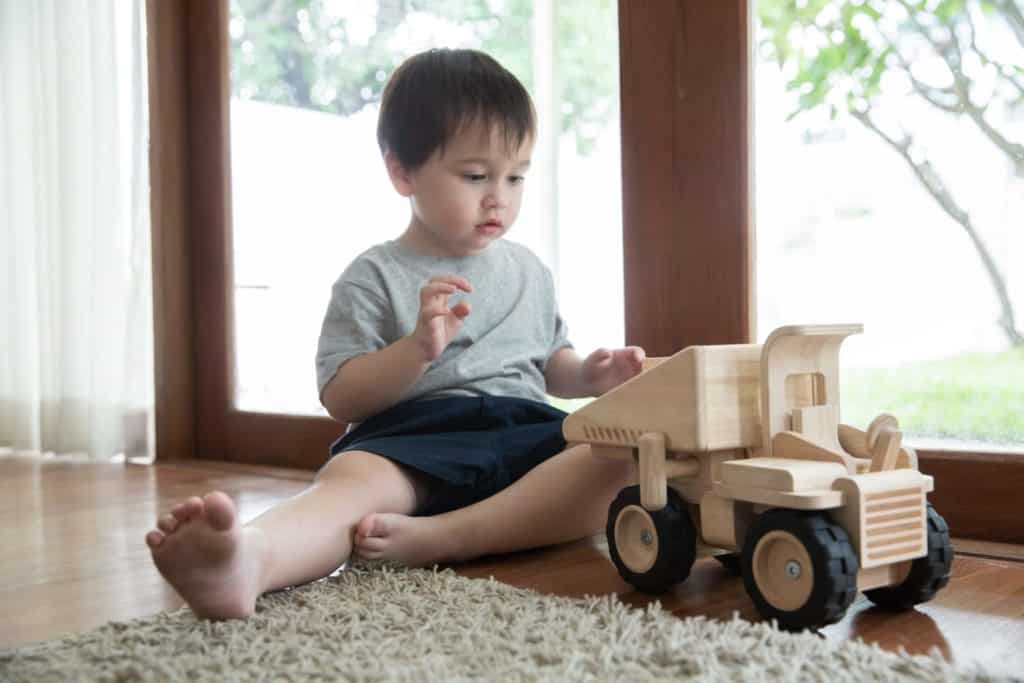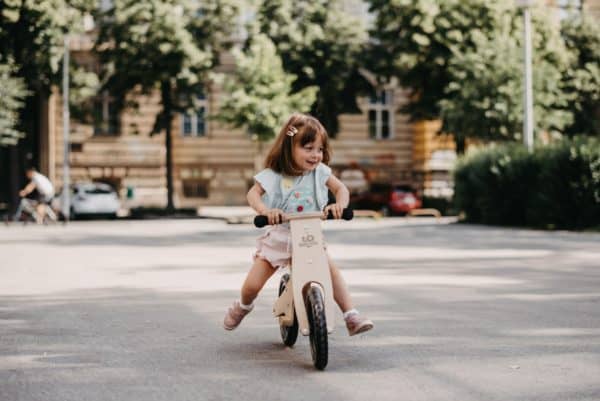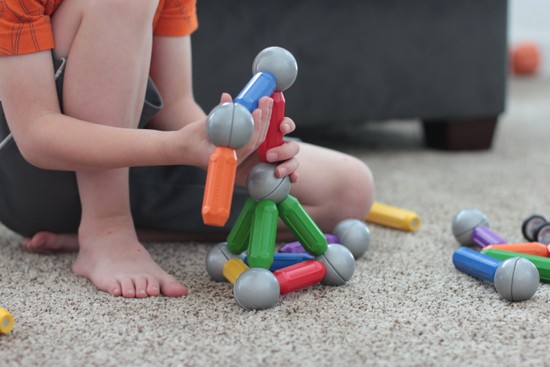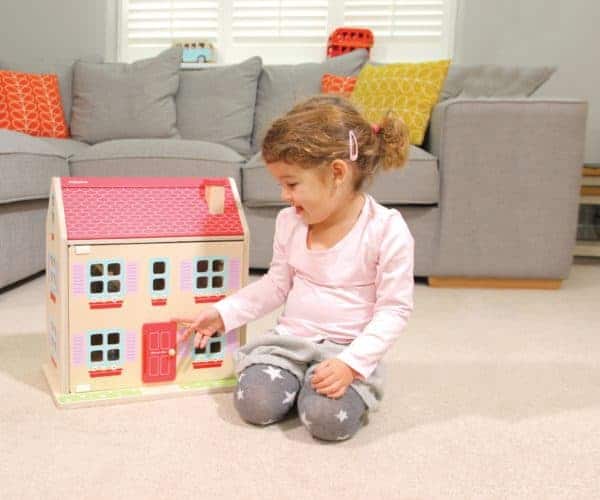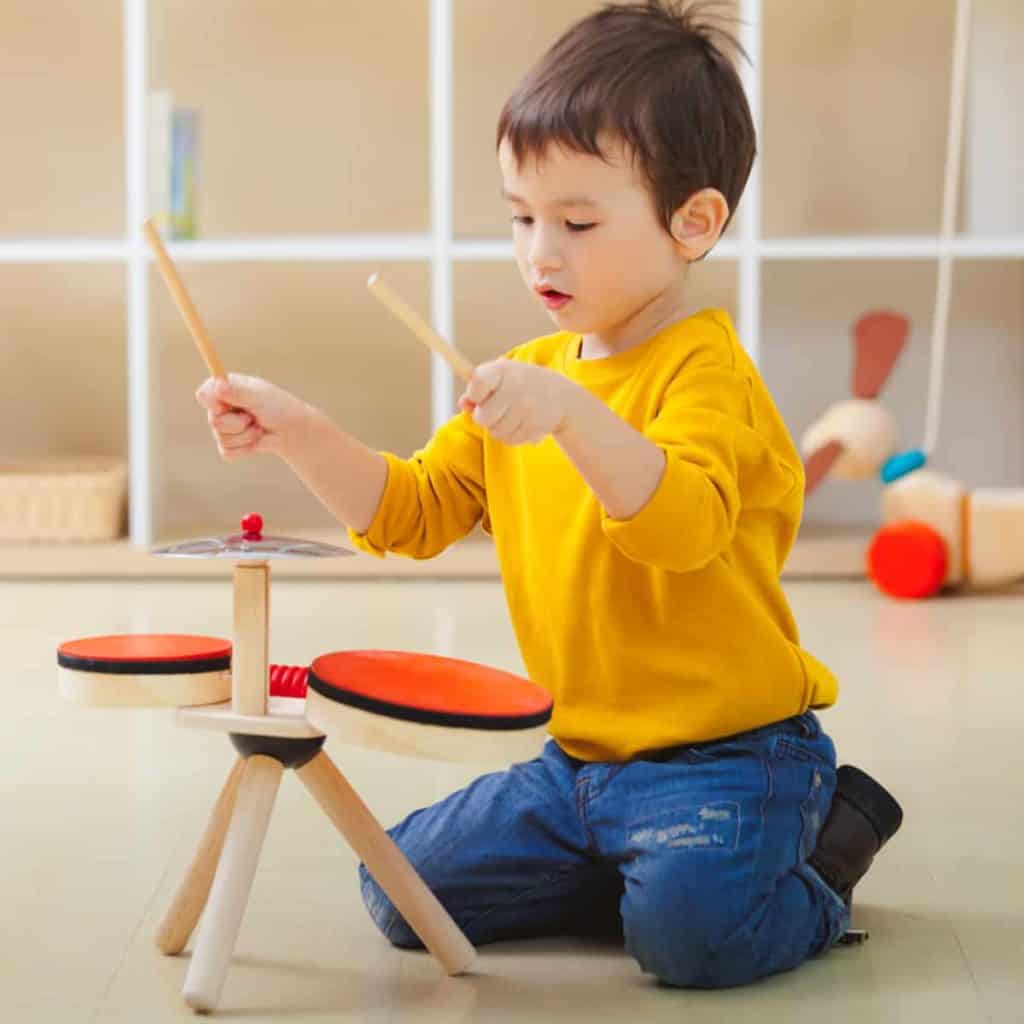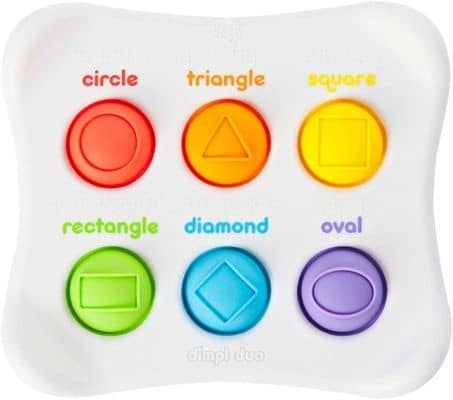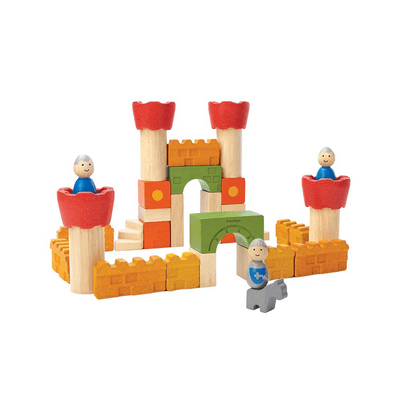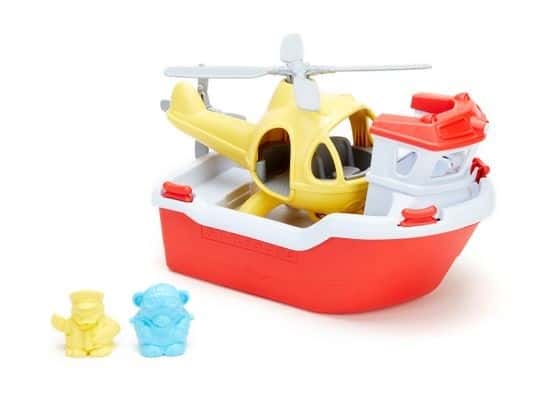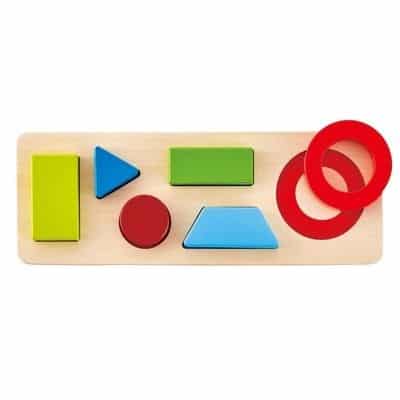Ways to Keep Kids Entertained at Home Without Gadgets
Gadgets are a constant in the lives of this generation's little ones. It could be a good thing to embrace what technology offers but being too exposed to it can also have harmful effects. As a parent, you want to discipline your child with a balance in which they can make use of the conveniences of technology without overindulging themselves. When all is said and done, it really isn't beneficial for them to rely on gadgets alone for entertainment; there are still so many other things a child can do without the need for any form of technology.
Here are some activities you can keep them entertained without gadgets.
Organize a treasure hunt
This is an activity that the whole family can enjoy over a weekend and you don't even need to leave the house for it. As the designated organizer, you have the task to hide some treasures like toy gold bars, delicious goodies, or even your children's favorite stuffed toys. Hand out a treasure map with clues and riddles leading to each hidden treasure. This type of activity does a lot of things: it develops their reading and communication skills; it helps them become more creative and imaginative; and it allows them to bond closer with the whole family!
Instill a love for reading
Give your child the opportunity to discover the wonderful world of reading. Buy them books--better yet, allow them to choose what they want. It starts with regular bedtime stories and as they grow older, they'll learn to read on their own. A reader will never get bored. Give them a book and you'll see them immersed in that little world for the rest of the day. A reader is patient, imaginative, empathizing, creative and so much more!
Indoor Tent
Because of the scorching heat of the summer sun, we know that you would rather stay indoor. A great way to keep your kids entertained is by indoor tent. Kids love tents because it gives them a fun place to play. This kind of activity helps them get to know their surroundings, develop their motor skills and stimulate imaginative play.
Get them preoccupied with educational toys
Toys will always be a part of a child's interest and you shouldn't have to worry if you find that they like playing too much. In fact, you should encourage it. Play is a form of learning while having fun. Provide them with toys that also allow them to develop some basic skills that can prepare them for pre-school. From building blocks, tactile toys, dolls, to tools for imaginative play, these types of educational toys open up your child to have hours of fun without realizing that they're away from the gadget screen they've been so used to facing.
What kind of gadget-free activities do your kids enjoy?
